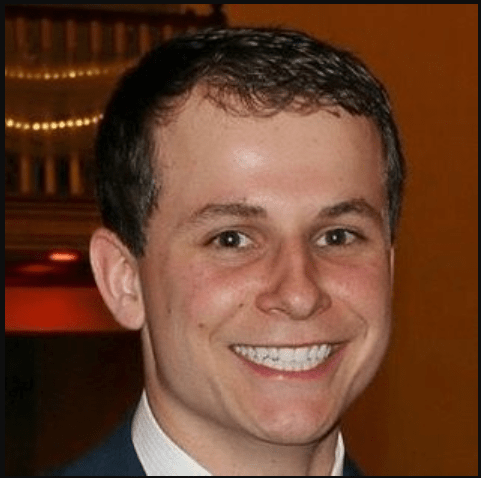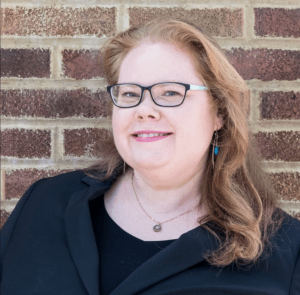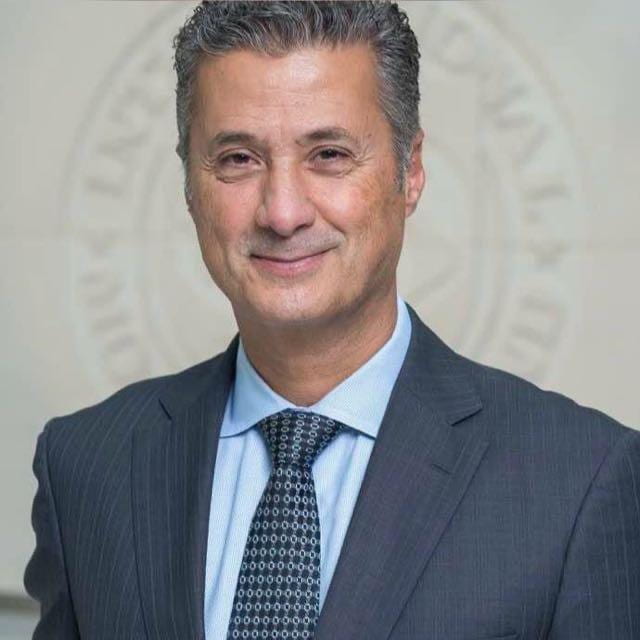We were thrilled to host DePaul MBA Alumnus Tanner Krause, CEO of Kum & Go for the Economics & Strategy Talk on May 7, 2021.
Kum & Go is a Midwest-based convenience store chain that sells gasoline and retail items. Tanner offered a candid conversation about his background, strategic vision, and the forces influencing innovative decisions for Kum & Go.
Presenter Biography
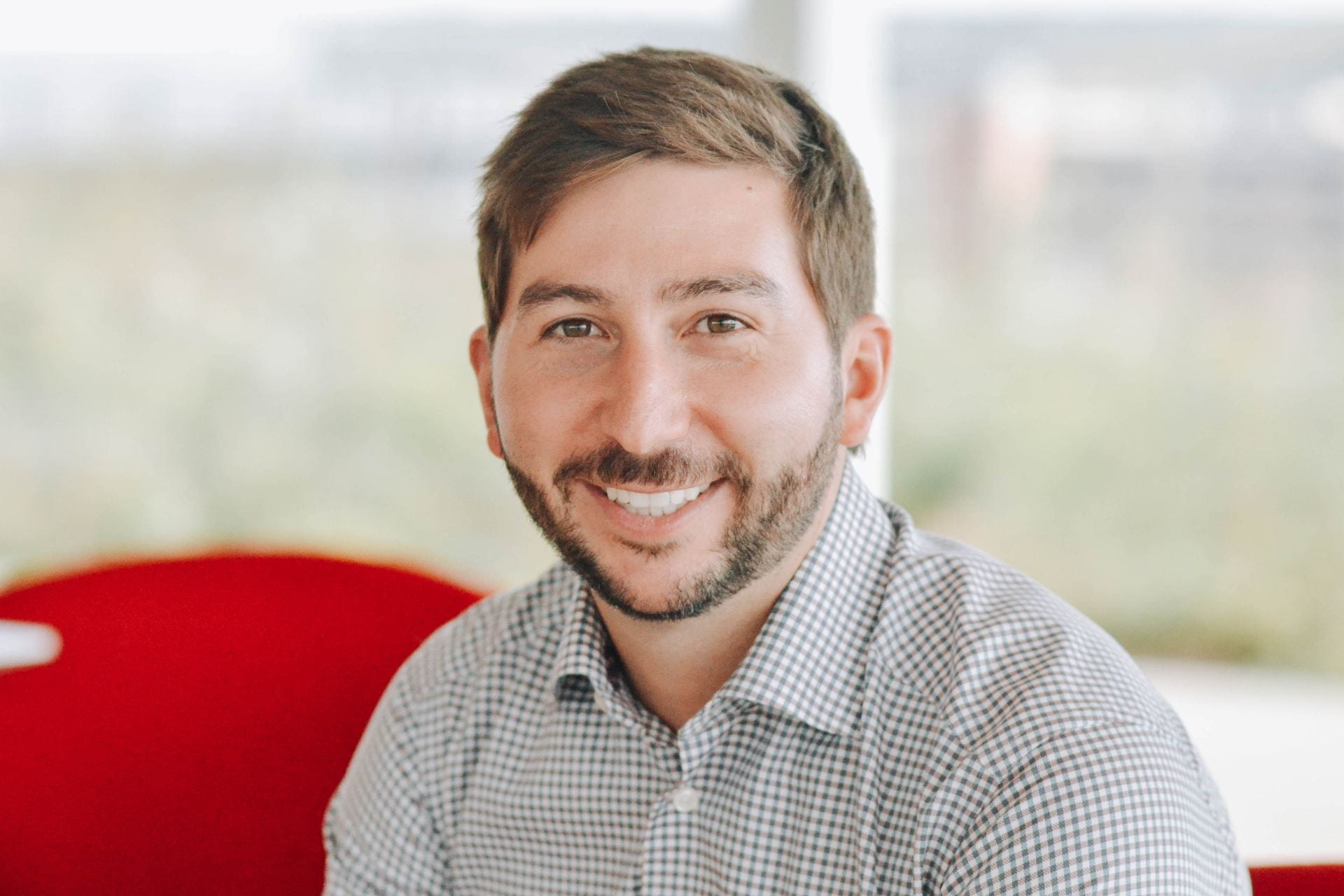
Tanner Krause is the CEO of Kum & Go, headquartered in Des Moines, IA. He is the fourth generation to lead in the family-owned business. As CEO, Tanner oversees the marketing, operations, human resources, information technology, finance and store development functions. Together, these teams provide support to 5,000 associates in 400 stores across 11 states.
Tanner’s work experience with Kum & Go dates back more than twenty years, when he began working part-time in stores. With nearly ten years of store experience, plus four different internships with Kum & Go, he became a District Supervisor in the Des Moines, IA area in 2013. Following completion of his MBA, he became Kum & Go’s Director of Operations in 2016. In January of 2017, Tanner became the Senior Vice President of Grow People leading all of the human resources functions of the business and in June 2018, Tanner was named President of Kum & Go. In January 2021 Tanner succeeded his father as CEO. Tanner’s passion for Kum & Go’s associates and stores is a highlight in every role he has held within the company. Tanner also provides strategic direction and support to several other businesses in the Krause Group portfolio.
Prior to his Kum & Go history, Tanner worked through the E. & J. Gallo Winery’s Management Development Program, working as a Sales Representative for Wirtz Beverage Group (IL) for two years before joining Empire Merchants (NY) as a Field Sales Manager. He appreciates the opportunities provided to him by the Gallo family, as well as their commitment to skill development and career pathing.
Tanner received two Bachelor’s in Business Administration degrees from Loyola University in Chicago in 2010 – Finance and Economics. Additionally, Tanner is a member of the most successful graduating class in Loyola Ramblers Men’s Soccer history. In 2016, he graduated with a Master’s in Business Administration from DePaul University, concentrating in Business Strategy.
Living in Des Moines, IA with his wife, Hannah, the two share a passion for community betterment. Tanner is a board member of the Boys & Girls Club of Central Iowa. Hannah is a board member of the Food Bank of Iowa. The couple have a young daughter.
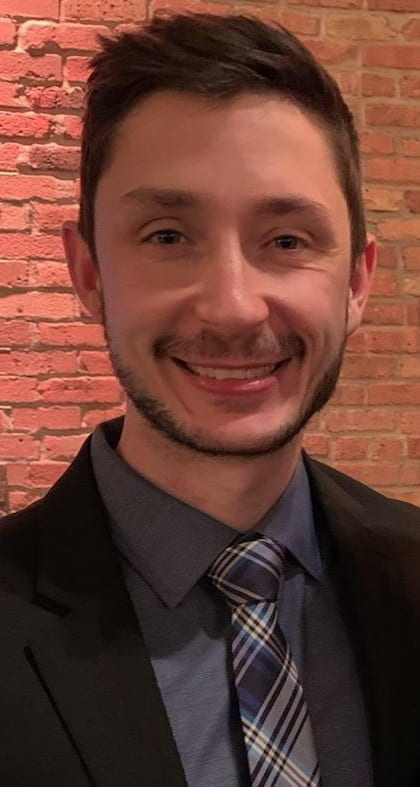
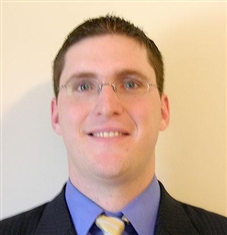

![Joe Harrington_Wharton_9mb_head[1970]](https://blogs.depaul.edu/strategy-decision-making/files/2021/01/Joe-Harrington_Wharton_9mb_head1970.jpg)
